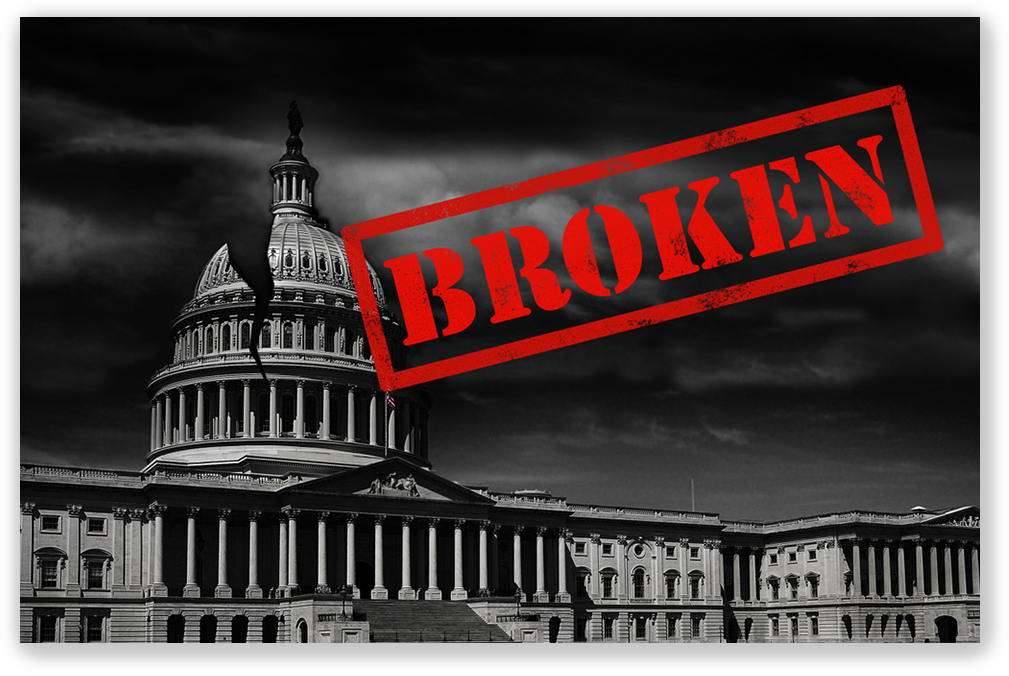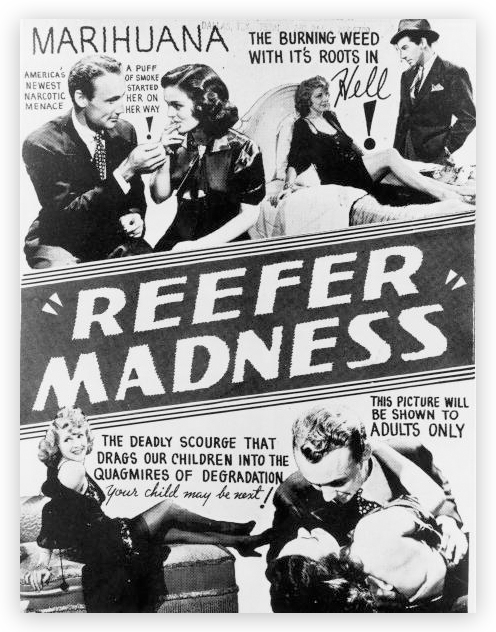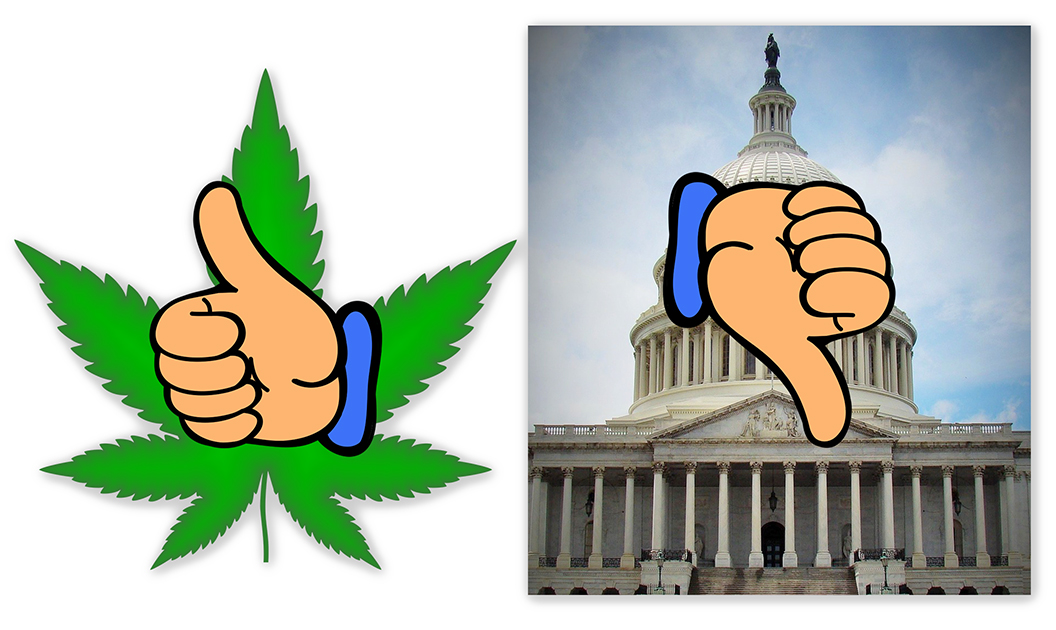We post news and comment on federal criminal justice issues, focused primarily on trial and post-conviction matters, legislative initiatives, and sentencing issues.
SENATE CRACK COMPROMISE AND POT REFORM ARE DEAD
As of last Thursday, negotiators in the Senate had reportedly reached a tentative deal to narrow sentencing disparities between crack and powder cocaine from 18:1 to 2.5:1. Then, enter Merrick Garland…
 First, the compromise: Reuters reported that its sources said senators planned to tuck the measure into a bill funding the government. Under the deal reached, the crack/powder weight disparity would be narrowed to 2.5 to 1, but the change would not be retroactive. The Senate would attach the change to a year-end spending bill, which has been delayed for another week.
First, the compromise: Reuters reported that its sources said senators planned to tuck the measure into a bill funding the government. Under the deal reached, the crack/powder weight disparity would be narrowed to 2.5 to 1, but the change would not be retroactive. The Senate would attach the change to a year-end spending bill, which has been delayed for another week.
The compromise is the death knell for the EQUAL Act (S.79), which would have made crack and powder equal in sentence severity and would have been retroactive. EQUAL, which passed the House last year, has been in trouble in the Senate since Sen. Charles Grassley (R-IA), the highest-ranking Republican on the Judiciary Committee, introduced the SMART Cocaine Sentencing Act (S.4116), which embodied the 2.5-to-1 ratio. proportion instead.
Then, the Dept of Justice: The compromise was shaky even before the DOJ announced relaxed crack charging policies last Friday. Those changes angered Sen. Grassley, who warned that “it undermines legislative efforts to address this sentencing disparity.” Yesterday, the compromise seems to have gone to hell.
Two sources told Reuters yesterday that even the 2.5:1 negotiations have stalled. After Friday’s DOJ announcement, Senate Minority Leader Mitch McConnell (R-KY) joined Sen. Grassley in opposing the compromise. One source told Reuters that last-minute negotiations to tuck the measure into the year-end spending bill continued yesterday morning, but “inclusion was no longer seen as likely.”
 At this point, neither the EQUAL Act nor retroactivity nor even the watered-down SMART Cocaine Sentencing Act has any chance to pass in this Congress. Why the Attorney General had to choose Friday to stick his thumb in Chuck Grassley’s eye is anyone’s guess.
At this point, neither the EQUAL Act nor retroactivity nor even the watered-down SMART Cocaine Sentencing Act has any chance to pass in this Congress. Why the Attorney General had to choose Friday to stick his thumb in Chuck Grassley’s eye is anyone’s guess.
Marijuana reform this year is equally dead. Last Thursday, Sen Sherrod Brown (D-OH), who chairs the Senate Banking Committee, signaled that marijuana reform might be on hold until the next Congress in 2023. The modest changes being considered now do not address any criminal justice reform. Brown told Marijuana Moment he is interested in the “expanded SAFE Plus bill that Senate leadership has been finalizing because it’s expected to go beyond simple banking reform and also contain other provisions dealing with expungements and more.”
Today, Marijuana Moment reported:
Congressional staffers confirmed to Marijuana Moment that cannabis banking language is not being included in the omnibus appropriations bill despite a final push by Senate Majority Leader Chuck Schumer (D-NY) and other supporters from both parties. Advocates will now look ahead to 2023 and the possibility of advancing the cannabis reform in a divided Congress.
 Sen Cory Booker, (D-NJ) said last week that Sen. McConnell is standing in the way of the lame-duck Congress passing any marijuana-related bills before the end of the year. NJ Advance Media reports that McConnell’s opposition to any marijuana bill “is giving Senate Republicans who support the measure cold feet, said Booker, who is helping to lead the effort to enact legislation before Republicans take control of the House in January and most likely prevent any bill from passing in the next two years.”
Sen Cory Booker, (D-NJ) said last week that Sen. McConnell is standing in the way of the lame-duck Congress passing any marijuana-related bills before the end of the year. NJ Advance Media reports that McConnell’s opposition to any marijuana bill “is giving Senate Republicans who support the measure cold feet, said Booker, who is helping to lead the effort to enact legislation before Republicans take control of the House in January and most likely prevent any bill from passing in the next two years.”
Congress is not completely impotent when it comes to prison and criminal justice reform. Last Wednesday, the House passed The Prison Camera Reform Act (S.2899) – approved by the Senate last year – and sent it to President Biden for signature. The bill requires the Bureau of Prisons to fix broken surveillance cameras and install new ones, “providing upgraded tools to fight and investigate staff misconduct, inmate violence and other problems,” according to industry publication Corrections1.
Reuters, U.S. Senate set to address cocaine sentencing disparity in funding bill (December 15, 2022)
Reuters, U.S. Senate Talks on Cocaine Sentencing Reform Hit Roadblock (December 19, 2022)
SMART Cocaine Sentencing Act (S.4116)
Marijuana Moment, Key Senate Chairman Signals Marijuana Banking Will Wait Until 2023, Says There’s ‘Interest In The Republican House’ (December 15, 2022)
Marijuana Moment, Cannabis banking left out of omnibus (Newsletter: December 20, 2022)
NJ.com, Mitch McConnell is blocking all marijuana legislation in Congress, N.J.’s Booker says (December 15, 2022)
Prison Camera Reform Act of 2021 (S.2899)
Corrections1, Congress passes Prison Camera Reform Act (December 16, 2022)
– Thomas L. Root























